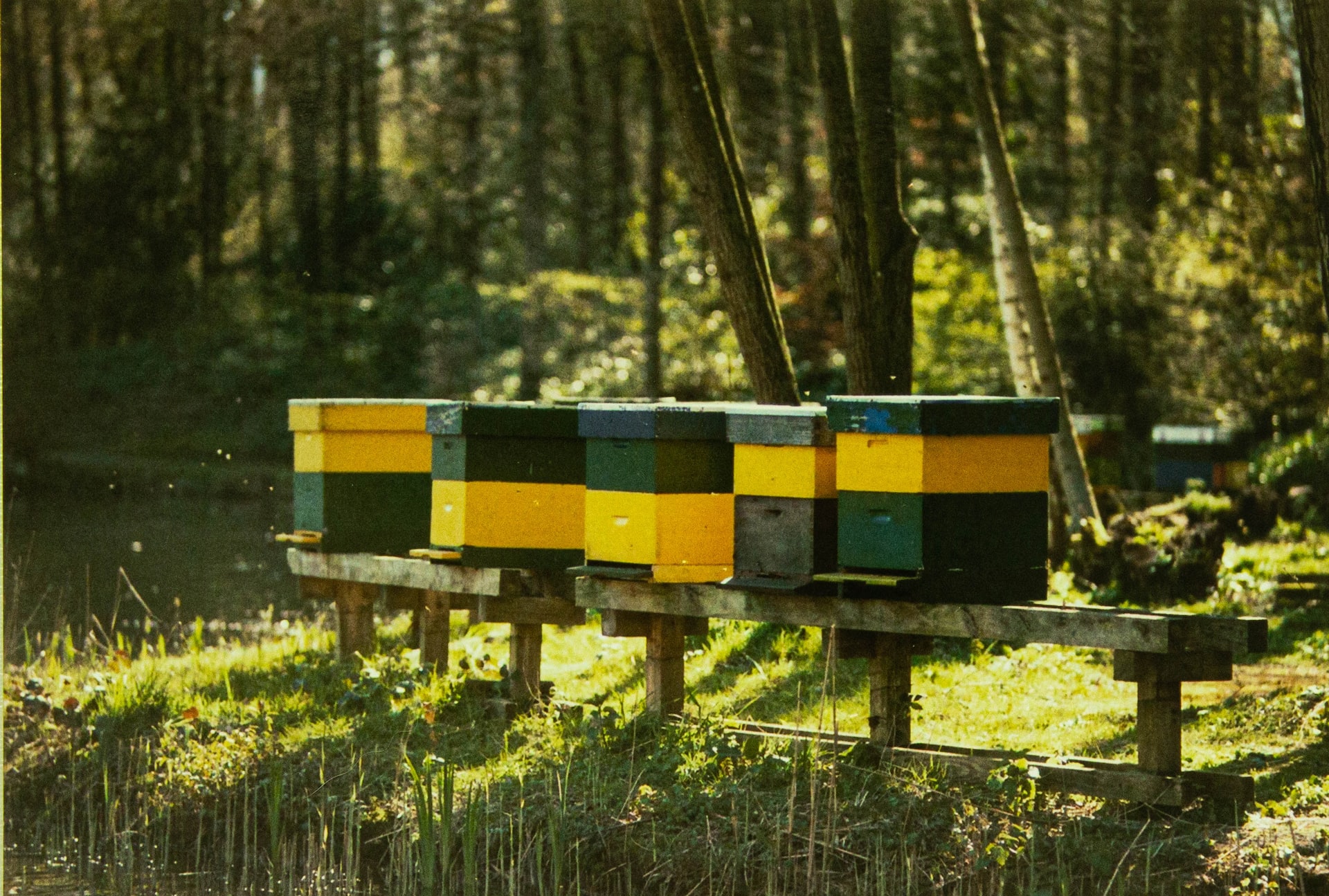Hosting hives on your property can be a rewarding experience, but it is important to understand what you’re getting into. Read through the following list of things to consider.
For Homeowners
- Does your town or village permit the keeping of bees?
- Does your liability insurance cover the placement of beehives on your property?
- Is it your plan to keep bees through the calendar year? (Spring to Spring)
- Do you want to be present when the beekeeper is inspecting the colony?
- Is there a location on your property that receives at least 7 hours of sunlight for hive placement?
- Have you reviewed and discussed the LIBC GOOD NEIGHBOR POLICY with the beekeeper?
- Will you purchase equipment and bees or will the keeper provide that service?
- Do you have children or pets that might come in contact with the hives?
- Do you have your property sprayed with any types of pesticides during the year?
- Are you clear as to why you want bees on your property?
- Have you done any research as to the responsibilities of having beehives in a neighborhood?
- Are you looking to become a beekeeper yourself?
For Beekeepers
- It is recommended that you have at least one year of experience before placing bees on a homeowner’s property.
- It is recommended that you have completed some form of training. The club offers 101 and 102 classes each year.
- It is recommended that you have additional equipment to make a split.
- Have you overwintered a colony through the winter and have an understanding of swarm management?
- It is recommended that you add the out apiary to your liability insurance.
- Remember to apply the 6 components of the LIBC GOOD NEIGHBOR POLICY to your new yard.
- It is important to have a conversation with the homeowner about the different reactions to potential honeybee stings.
- It is recommended that you provide your phone contact information but, also have a backup beekeeper in case of an emergency.
- It is recommended that you provide the homeowner with a schedule of possible hive inspections for the season.
- You and the homeowner define the terms of your arrangement with either a handshake or a written contract.
- Have a backup location should the homeowner tell you to remove the hives from their property.








